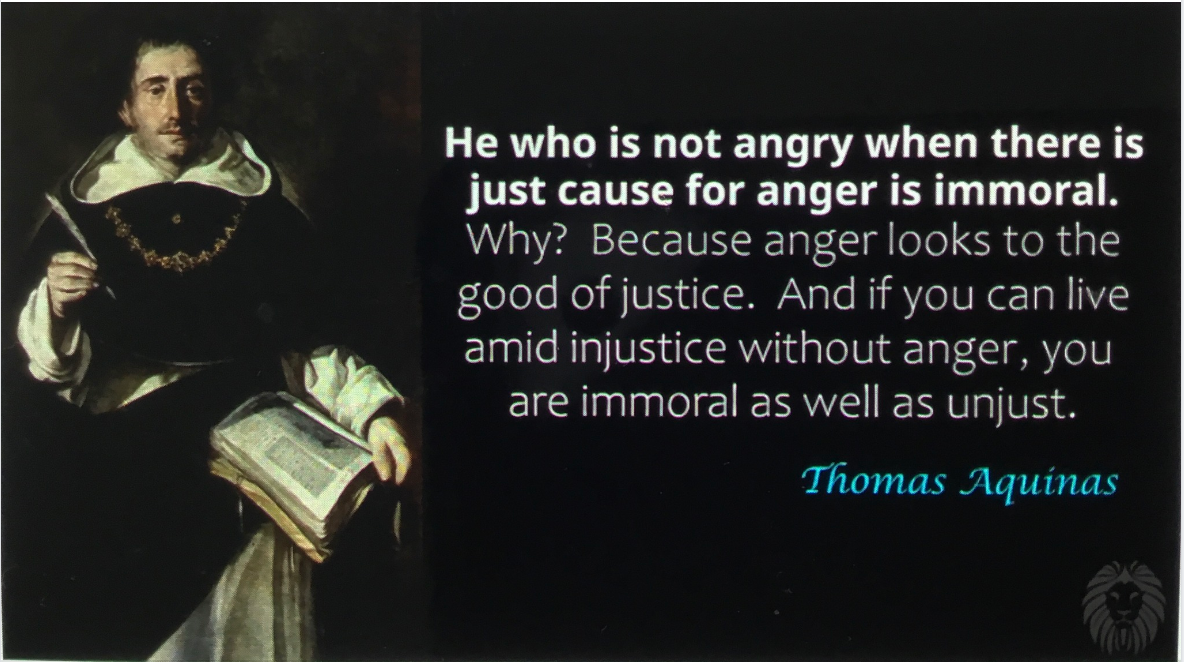|
Win-Win Relating
No matter how fantastic your relationship is, its likely to move into the ‘Power Struggle’ stage some time after 2 months to 2 years together. In this very normal stage, where one or both parties attempt to re-establish their individuality separate from the relationship. You begin to look for what is different, or wrong or bad with your partner. And this is where arguments and disconnection can start. At this stage, people either run for the hills, stay stuck on and off for the duration of the relationship, or learn to create wonderful win-wins and stay happily together. This is where having a few relationship and communication skills can be very handy.
We live in a culture that values winning, but unfortunately if you win in your relationship, your relationship loses, and often gets so toxic that it dies. Instead, always think of your relationship as a team sport – you are both on the same side, working together using your unique gifts and talents - heading towards the same goal of long term love, connection, safety and happiness together. One of the most profoundly difficult things we are asked to do in healthy relationships/friendships, is 'Sit in the Fire' when your friend/partner is feeling angry.
As long as they do not insult or demean or physically harm you, the most powerful and effective thing you can do is, breathe, ground and stay present... empathise. Do not give advice, unless clearly asked for. Feel the feelings of wanting to run away, or make it better. Keep breathing and stay put. Sit in the centre of the heat. And remember, in all likelihood, (unless they really ARE an abuser) ...their anger is a valid response to things that only they know about... until you fully listen. Leave your fear and judgement at the door, and empathise more and more. If it feels safe and appropriate, and you are in the same space, see if you can stay, or get back in physical contact. Anger is an incredible self-protective emotion...and wonderful learning and healing comes from staying present and hearing them out. If done well, it can DEEPEN the intimacy and trust in the relationship. But if not done well, it can do the opposite. SIT IN THE HEAT. ( but don't put up with abuse.) Ultimately all communication is about building connection and relationship. Even when it is just a sharing of facts and information, the relational brain/being is tracking for safety and connection by being understood.
1. BE PRESENT - put your full attention on the other - step into their shoes. 2. FEEL AND SHOW EMPATHY with your body language and/or words - To do this authentically, you need to put your attention fully on the other, to feel like you are literally stepping into their shoes. “Wow, I really get what you are saying!” or "That must be so upsetting/confusing/lonely/disappointing for you!" "I'm so sorry to hear that." Mirror their tonality. If they sound upset, you sound upset. If they are excited, be excited. And if you are truly stepping into their shoes, this will be an authentic response, not fake or made up. PS you can try to fake empathy, but most people notice, and it doesn’t work for very long. 3. BE CURIOUS. Ask clarifying questions to take the speaker further. 4. ADD TO THE SUBJECT. "Yes, and... " Stay on topic and add an interesting nuance. But don't talk about you…. yet…. your time is later when the speaker has been reasonably listened to. 5. DO NOT INTERRUPT. Or at least be mindful of when to interrupt. Interruptions come in many forms. From overly enthusiastic agreeing noises... to not letting the speaker finish a sentence, a paragraph, or an idea... to constantly bringing the conversation back to yourself. Doing this builds resentment and disconnection. Research has shown that the brain interprets constant interruptions as a form of minor trauma. Similar to, but not as bad as, constantly waking up during the night. And we all know what that does to your state of mind. And any form of trauma ie Complex PTSD etc, can make someone highly sensitive to interruptions. 5. BE PATIENT. SLOW DOWN. BREATHE. IT'S YOUR TURN SOON. No matter how how hurtful or 'wrong' your partner feels to you, don't react, don't fight back, don't escalate. You are building the relationship, which, ultimately, is more important than the subject matter you are discussing. 6. DON'T GIVE ADVICE - unless requested. This is a hard one for caring, and especially practical people. It's often their way of showing love and support. However, unless asked for, giving advice is unhelpful in 3 ways. a) It assumes the other person doesn't have solutions for themself. - ie it's diminishing of their capacities. If you listened longer, or asked what solutions they have already tried, you might find they already have a solution. b). If you haven't done a whole lot of empathising first, then your advice is likely to fall on deaf ears. You might even end up with the original speaker being very upset with you. And all you were doing was trying to help! ;-) c). Paradoxically, it puts you in a power-over position. You can feel stronger and wiser as you dispense your pearls of wisdom which can distract you from being PRESENT and EMPATHISING which are much more important than your advice. Unless asked for ;-) CAVEAT Unless explicitly stated, all communication needs to be reciprocal. A flow of give and take between speaking and listening If you are a Generous Listener, there is no doubting that people will like and appreciate you. But be careful that the relationship is not just one way - ie you listening and them speaking. Obviously , this can become very unsatisfying, very quickly. After a decent period of generous listening, it can be a good idea to insert a few thoughts and ideas of yours, and see if the other person can pick them up and also become a Generous Listener. If they reciprocate in this way, you can end up having a balanced give and take of listening and sharing…. and ultimately deepening the TRUST in the relationship. The only form of unconditional love is between a parent and their baby. Its all give and no take - except for the occasional smile and gurgle ;-)
 All other relationships are conditional. They are conditional upon care and respect and responsibility from both parties. In the same way that nature is conditional. If you break the laws, you get the consequence. And remember, a consequence is not a punishment,it flows naturally from your behaviour. If you are addicted to your phone, then your relationship will deteriorate. If you don't keep your agreements, ditto. The Trust gets undermined, the other person pulls away, and the relationship lives in suspended animation... or dies. We live in a world of Duality. Whatever you do, there is a consequence. And it is the duty of good parents to provide these consequences - else we have a culture of un-grounded, self-focussed children, teenagers and adults who don't know how to get on with each other. Just how the 'Powers that Be' like it. The deeper you look, the more it would appear that the negative controllers in our society are weaponising this ‘toxic masculinity’ phrase as a way to create even more division. It’s their age-old schtick. Just like they did with the Feminist movement, which these days resembles nothing like it was intended to be. Classic Feminism was simply about equal access to rights and resources. And surely no ethical person can quibble with that? But now we have the manipulated psyop of Neo-Feminism, which looks nothing like what Classic Feminism was designed to do ( more on this in future writings.)
But unless more men face their shadow - the shadow of their Patriarchal-Dominator past (and some present). Unless they truly learn to listen to how things have been ( and still are for many women), then they will never truly be able to come into sacred union with the Healed Feminine. I have great compassion for how men have been treated under this system. That is a whole other story which I will be dealing with in future posts!! But it was they who wield/ed unbalanced power, and therefore it is they who must take ownership of this and acknowledge the damage that has been wrought upon the Feminine. Similarly, if someone does wrong and ends up in jail, it’s much easier for people to be motivated to help and support them, if they own up to their part for whatever got them there. So, if men as a whole, refuse to acknowledge the horrors perpetrated against women for millennia, then it's impossible for us as a societal whole to move to the next stage to acknowledge the equally, but more subtle abuse that men experience under this Dominator System. Healers know that unless we individually face our shadow/demons and take full responsibility, then we will continue causing harm to ourselves or others. Hence why the Men’s movement - tho incredibly important - seems to go round in circles - seems blocked and stultified. So, a call to Men…. I, and many women I know, are here to hold you safe, so you can do the work that needs to be done. So that we can both fly strong together to a new world of Co-operation and Partnership |
Categories
All
AuthorSystems-Buster, Culture Creator, Visionary, Community -Builder, Writer and Speaker and Facilitator Archives
June 2024
|






 RSS Feed
RSS Feed

